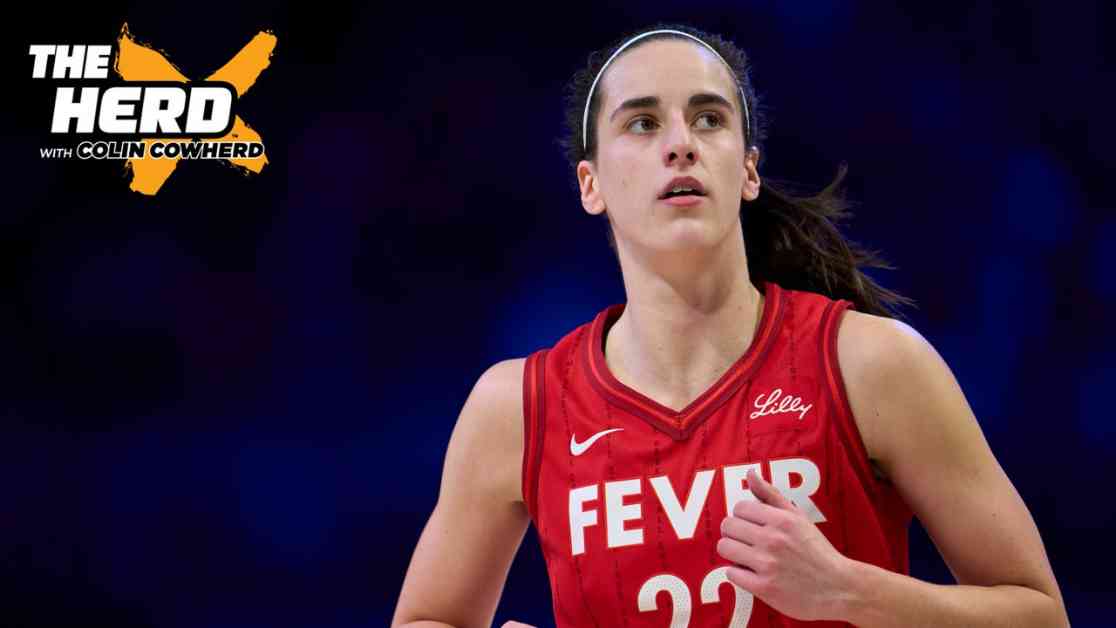Caitlin Clark made headlines recently with her impressive performance in the Indiana Fever’s game against the Dallas Wings, where she achieved a record-breaking 19 assists. Despite her remarkable talent and skills on the court, Clark has found herself excluded from the Women’s Olympics team and the WNBA All-Star skills competition. This has raised questions about whether the WNBA is being unfair to her.
Colin Cowherd, a prominent sports analyst, has spoken out about the treatment of Caitlin Clark, calling it “ridiculous.” He believes that Clark’s exclusion from these high-profile events does not accurately reflect her abilities and contributions to the sport. Many fans and supporters of Caitlin Clark have also expressed their disappointment and frustration with the decisions made by the WNBA.
The WNBA has faced criticism in the past for its selection processes and treatment of players, particularly when it comes to showcasing emerging talents like Caitlin Clark. Some argue that there may be biases or preferences at play that prevent certain players from receiving the recognition and opportunities they deserve.
Despite the challenges and setbacks she has faced, Caitlin Clark remains focused on her career and determined to prove her worth on the court. Her record-breaking performance is a testament to her skills and potential as a player in the WNBA.
As discussions around Caitlin Clark’s treatment continue to unfold, it is essential to consider the broader implications for women’s basketball and the importance of providing equal opportunities for all players. The spotlight on Clark’s situation sheds light on the need for greater transparency and fairness in the selection processes within the WNBA.
Moving forward, it is crucial for the WNBA to address these concerns and ensure that talented players like Caitlin Clark are given the recognition and opportunities they deserve. By promoting inclusivity and diversity within the league, the WNBA can continue to grow and thrive while showcasing the best talent in women’s basketball.
Caitlin Clark’s journey serves as a reminder of the challenges and obstacles that female athletes may face in their careers. Her resilience and determination to succeed despite the odds are an inspiration to many aspiring basketball players, both in the WNBA and beyond.
In conclusion, the discussion surrounding Caitlin Clark’s treatment in the WNBA highlights the ongoing need for equity and fairness in women’s sports. By supporting and uplifting talented players like Clark, the WNBA can strengthen its reputation as a league that values and prioritizes the success of all its athletes.








